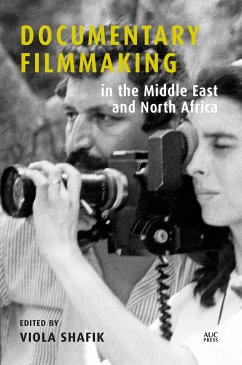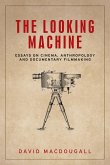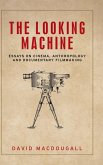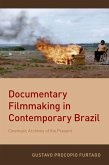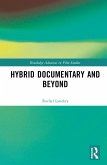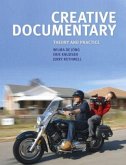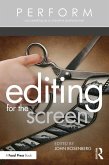A comprehensive, in-depth study of Arab documentary filmmaking by leading experts in the field While many of the Arab documentary films that emerged after the digital turn in the 1990s have been the subject of close scholarly and media attention, far less well studied is the immense wealth of Arab documentaries produced during the celluloid era. These ranged from newsreels to information, propaganda, and educational films, travelogues, as well as more radical, artistic formats, such as direct cinema and film essays. This book sets out to examine the long history of Arab nonfiction filmmaking in the Middle East and North Africa across a range of national trajectories and documentary styles, from the early twentieth century to the present. Bringing together a distinguished group of film scholars, practitioners, and critics, Documentary Filmmaking in the Middle East and North Africa traces the historical development of documentary filmmaking with an eye to the widely varied socio-political, ethnic, linguistic, and cultural contexts in which the films emerged. Thematically, the contributions provide insights into a whole range of relevant issues, both theoretical and historical, such as structural development and state intervention, formats and aesthetics, new media, politics of representation, auteurs, subjectivity, minority filmmaking, 'Artivism,' and revolution. Also unearthing previously unrecognized scholarly work in the field, this rich and theoretically informed collection sheds light on a hitherto neglected part of international film history. Contributors: Ali Abudlameer, Hend Alawadhi, Jamal Bahmad, Ahmed Bedjaoui, Dore Bowen, Shohini Chaudhuri, Donatella della Ratta, Yasmin Desouki, Kay Dickinson, Ali Essafi, Nouri Gana, Mohannad Ghawanmeh, Olivier Hadouchi, Ahmad Izzo, Alisa Lebow, Peter Limbrick, Florence Martin, Irit Neidhardt, Stefan Pethke, Mathilde Rouxel, Viviane Saglier, Viola Shafik, Ella Shohat, Mohamad Soueid, Hanan Toukan, Oraib Toukan, Stefanie van der Peer, Nadia Yaqub, Alia Yunis, Hady Zaccak
Hinweis: Dieser Artikel kann nur an eine deutsche Lieferadresse ausgeliefert werden.
Hinweis: Dieser Artikel kann nur an eine deutsche Lieferadresse ausgeliefert werden.

